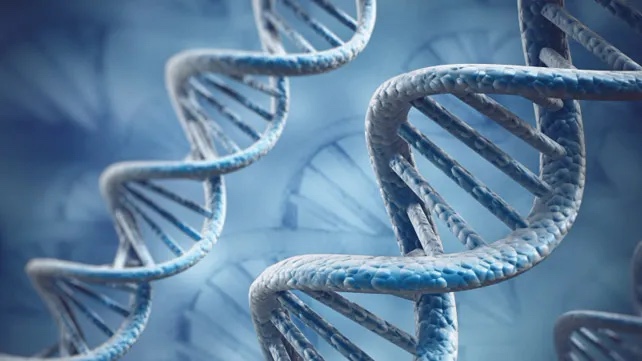The first genetic test that can determine the sexual orientation of a male with an accuracy of 70 percent has been developed by Dr. Tuck C. Ngun, a postdoctoral researcher at the David Geffen School of Medicine of the University of California at Los Angeles. This is the first predictive model for sexual orientation that has been proven to work at least for men.
The test was based on results obtained from 37 pairs of twins in which one twin was homosexual and the other was heterosexual and 10 pairs in which both twins were homosexual. The range of the genome that predicted sexual orientation was limited to only nine relatively small regions of the entire genome. The differences that Dr. Ngun found that determined sexual orientations were all based on patterns of DNA methylation. DNA methylation is the result of environmental factors and changes how genes are expressed. The participants did not reveal their sexual preference to the researchers until the researchers had developed an algorithm that predicted sexual orientation.
The researchers plan further investigations into the nine regions of the DNA that produce a preference in sexual orientation. One has to wonder if this discovery will be used in a helpful way to anyone. A genetic test could be used to discriminate against gay men and produce a plethora of legal action. People could decide to have a fetus aborted on the basis of sexual orientation predicted by the test. The military could use the test to prevent gay men from joining the military. Some discoveries that science makes do not need to make their way into general use. This test may be one such discovery.















